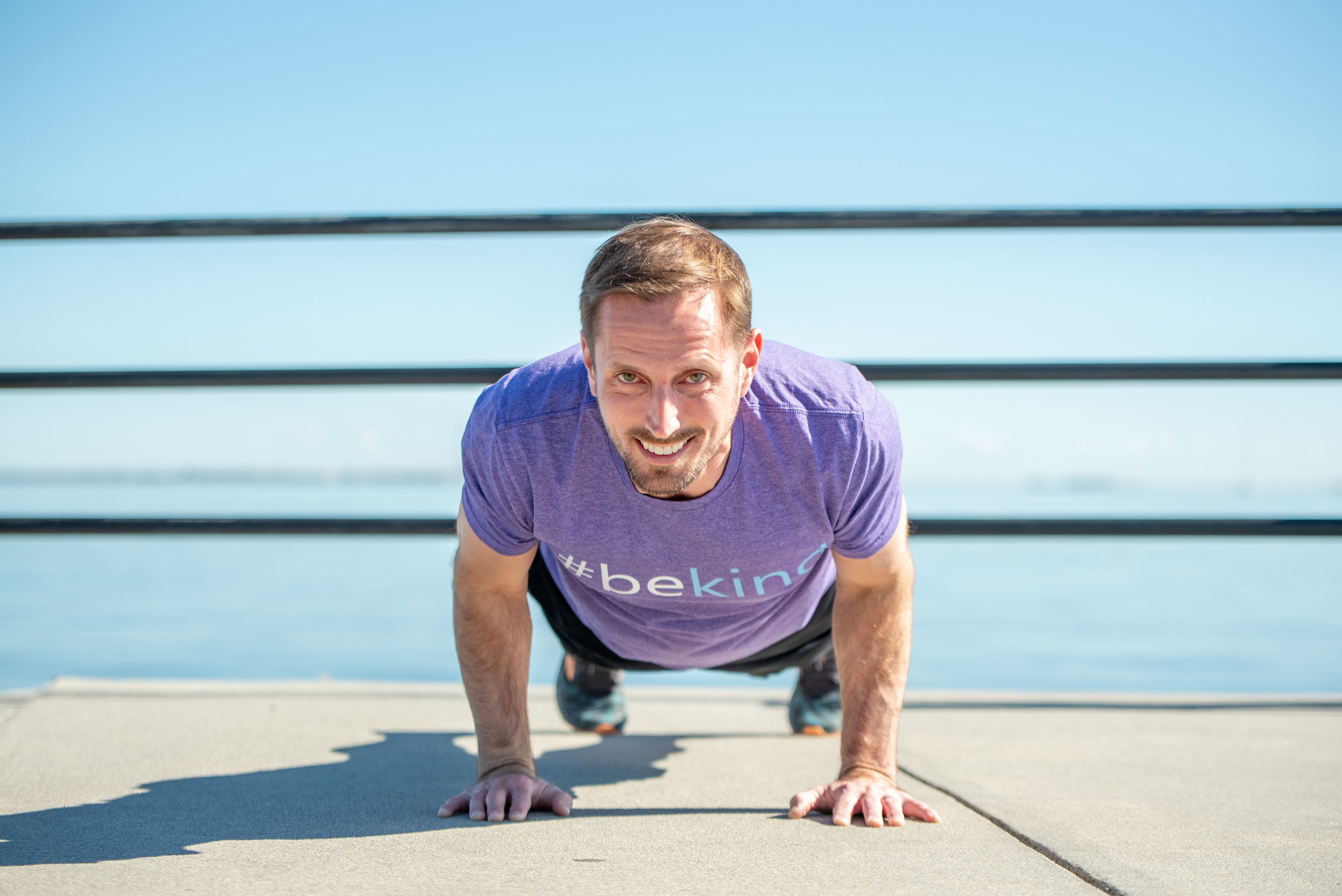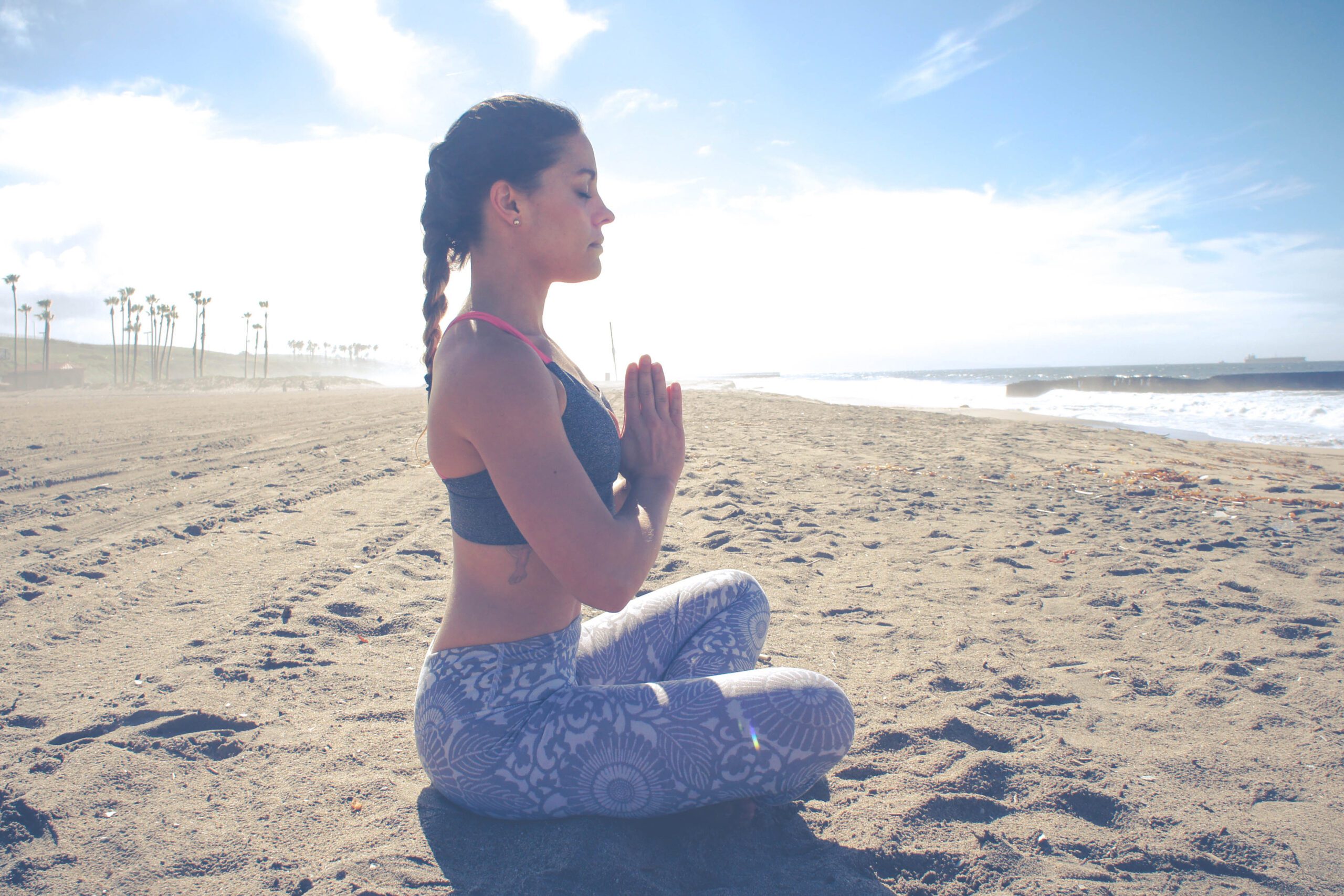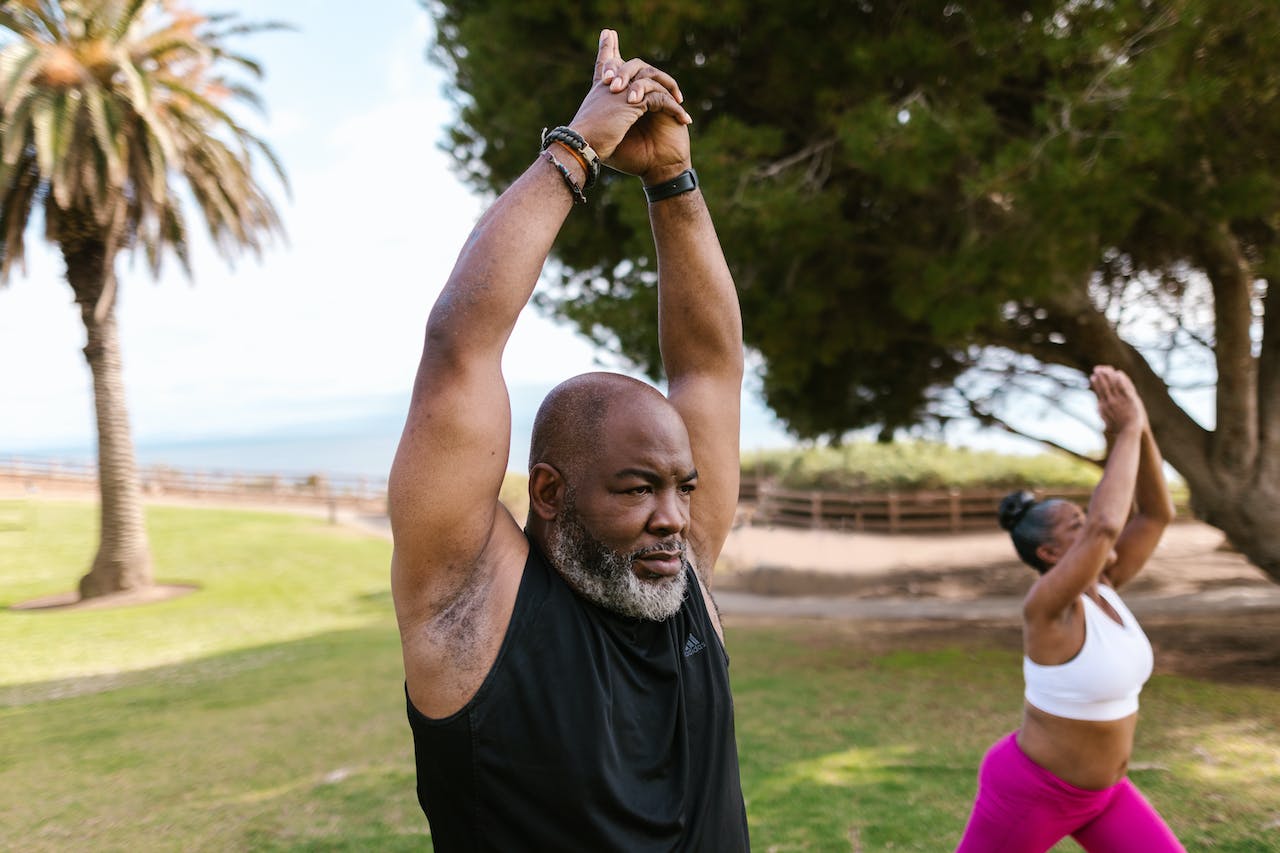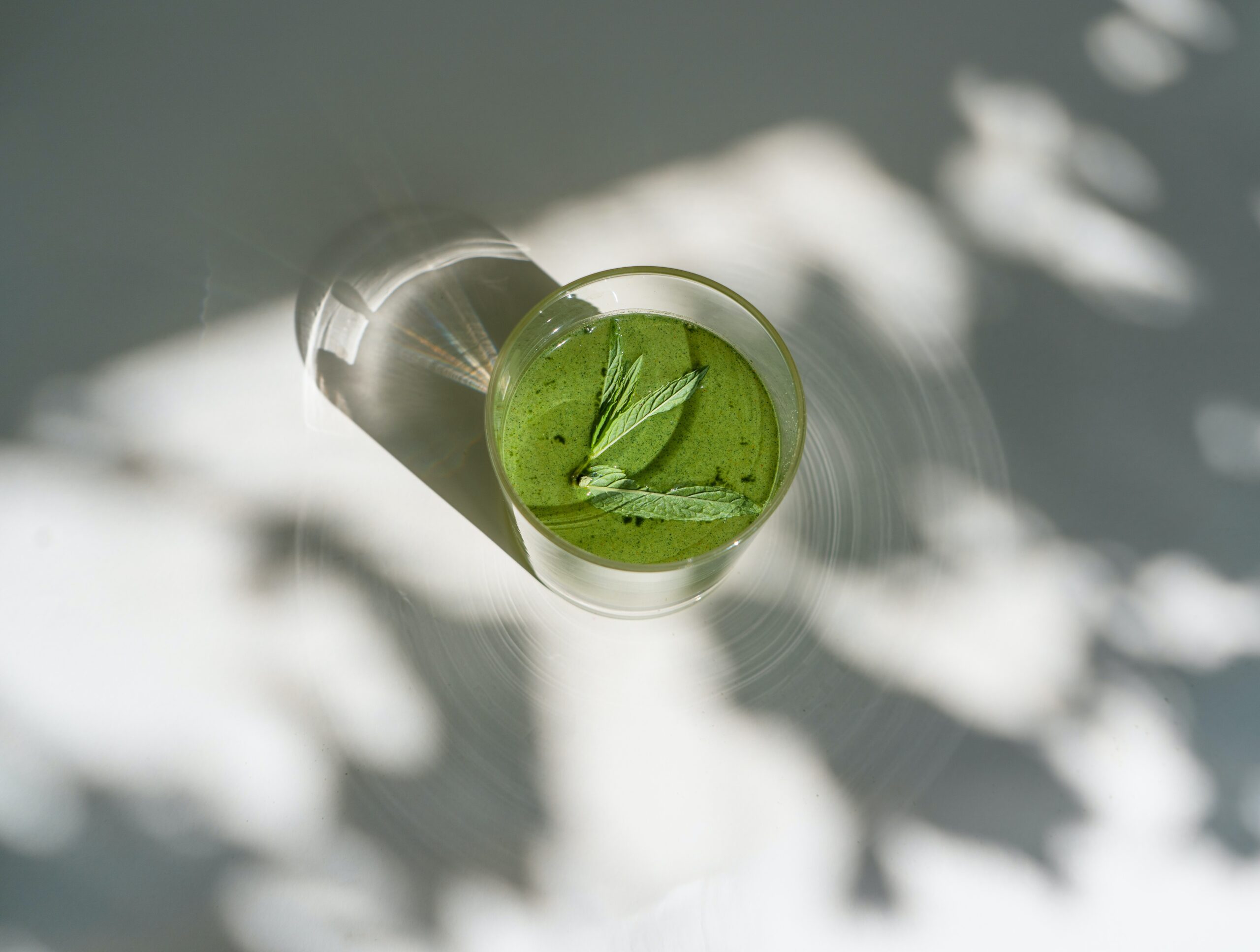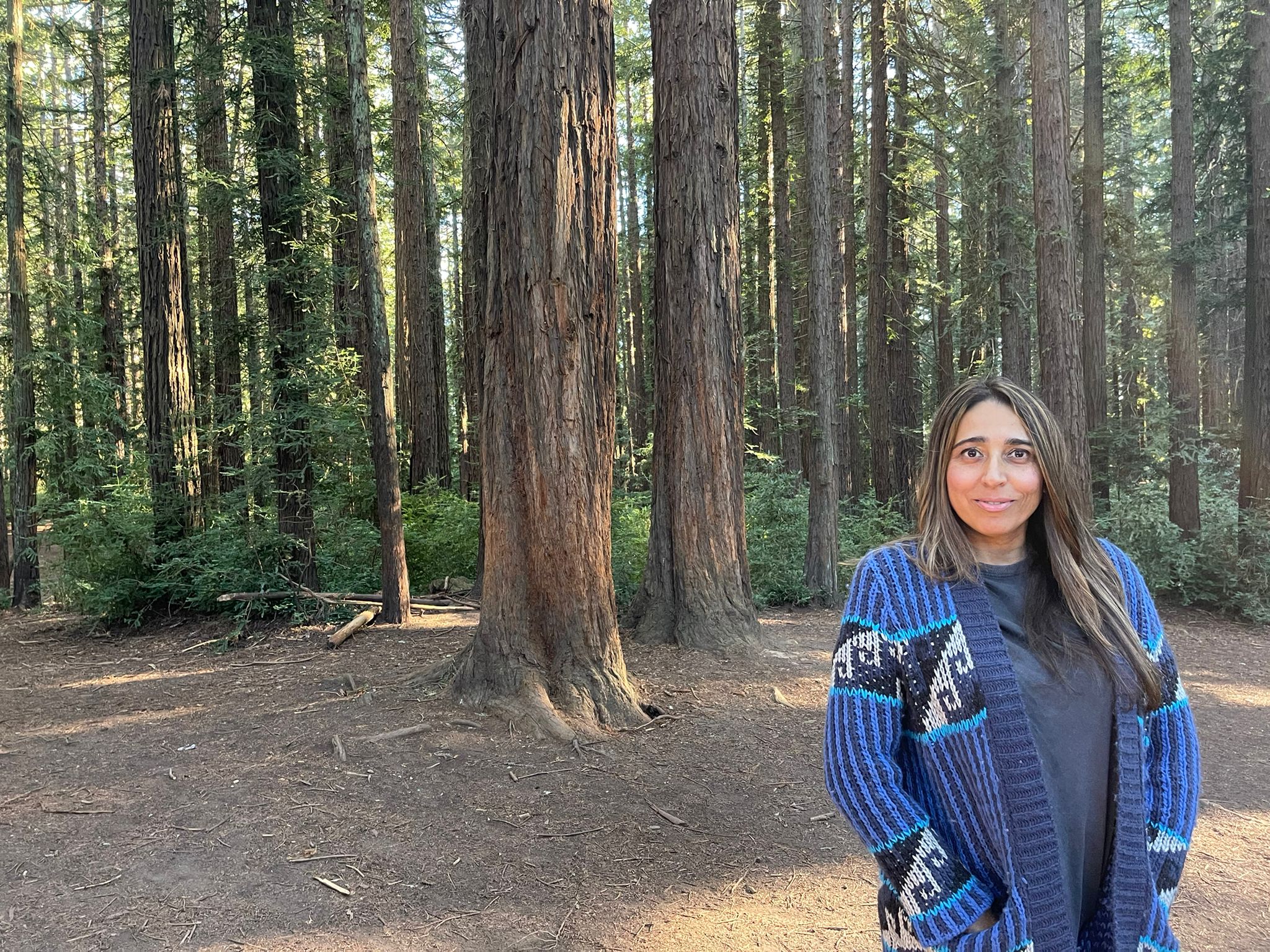Self-reflection is a powerful tool that goes beyond just simple introspection. It’s the active and mindful process of reflecting and examining our thoughts, beliefs, and emotions. Understanding the science behind self-reflection is key to tapping into greater personal growth. What are the cognitive and emotional processes of self-reflection? What are the benefits and what’s the neurobiology behind it? Let’s consider some practical tips for cultivating effective self-reflection practices.

Table of Contents
What Is Self-Reflection?
Self-reflection is the conscious examination of our thoughts, feelings, and behaviors. It’s the process of stepping back from our experiences and observing them with curiosity and objectivity. It’s more than just mere self-awareness. We need to make an active effort to gain deeper insights into ourselves. By practicing self-reflection, we become more attuned to our strengths, weaknesses, values, and aspirations.
The Cognitive And Emotional Processes Involved
Self-reflection activates different cognitive processes, such as metacognition and introspection. Metacognition is the ability to think about our own thinking. It involves being aware of our thoughts, beliefs, and mental states. Introspection, on the other hand, is the act of looking inward and examining our own thoughts and emotions.
Emotionally, self-reflection involves exploring our feelings and understanding their underlying causes. It requires us to be honest and open with ourselves, even when facing uncomfortable emotions. Developing emotional intelligence plays a crucial role in navigating and interpreting these emotions during the self-reflection process.
Listen in to this powerful conversation with Doug Noll on Emotional Intelligence on the Blossom Your Awesome Podcast –
The Benefits Of Self-Reflection
Self-reflection offers countless benefits for personal growth. By taking the time to reflect on our experiences, we enhance self-awareness. We gain deeper understanding of our values, motivations, and patterns of behavior. This self-awareness becomes the foundation for making conscious choices and aligning our actions with our true authentic selves.
Self-reflection also helps us with self-regulation. By learning to recognize our emotions and thought patterns, we can better manage them and respond in a more deliberate and constructive manner. This inevitably leads us to improved decision-making and problem-solving. We begin to become more aware of biases, assumptions, and limiting beliefs that have been hindering our progress.
Moreover, self-reflection helps foster empathy and compassion. By understanding our own struggles and vulnerabilities, we develop a greater ability to empathize with others. It allows us to connect on a deeper level, appreciate different perspectives, and build healthier relationships.
The Neurobiology Of Self-Reflection
The science behind self-reflection lies in the intricate workings of our brain. Neuroscientific research has shown that self-reflection activates specific parts of our brain and neural networks. The prefrontal cortex, responsible for higher-order cognitive functions, plays a crucial role. It enables us to engage in metacognitive processes, introspection, and self-awareness.
Furthermore, practicing self-reflection can stimulate brain plasticity, the brain’s ability to reorganize itself and form new connections and neural pathways. Regular self-reflection exercises can strengthen neural pathways associated with self-awareness and emotional regulation, leading to long-lasting changes in behavior and mindset.
Cultivating Effective Self-Reflection Practices
To make the most of self-reflection, it’s important to adopt effective practices. First off, create an environment that is conducive to focused introspection. Find a quiet space free from distractions where you can reflect without interruptions. Get a regular routine going and make self-reflection a habit, even if it’s just a few minutes each day.
A powerful technique is journaling. Write down your thoughts, experiences, and observations. Prompts or questions can help guide your reflection process. Journaling helps you externalize your thoughts, offers clarity, and is a great way to track progress over time.
Meditation and mindfulness exercises also support self-reflection. Set aside dedicated time for meditation, focusing on your breath or a specific thought or emotion. Practice mindful awareness throughout the day. Pay attention to your thoughts and feelings without judgment.
For more on this listen in to this episode with Bill Belanger on the Blossom Your Awesome Podcast.
Be sure to download the Ultimate Self Inquisition Guide here. It’s a comprehensive contemplative guide that will help you go deeper with your self-reflection and allow you to sit in self-discovery about the things in your life that may be plaguing you, hindering you or keeping you from your most awesome you.

Download the Ultimate Self-Inquisition Guide here for free. This contemplative guide will have you going inward and journeying step by step through the process of self-reflection and self-inquiry.
Overcoming Challenges In Self-Reflection
While self-reflection can be transformative, it can present challenges. Self-criticism and negative self-talk may come up for you during the process. It’s important to approach self-reflection with self-compassion and kindness. Treat yourself like you would a friend with understanding and support.
Emotional discomfort may also come up when confronting difficult feelings or emotions. Remember that growth requires stepping outside of your comfort zone. Allow yourself to sit with the emotions, acknowledge them without judgment. Embrace vulnerability as an opportunity for learning and growth.
The Role Of Self-Reflection In Personal Growth
Self-reflection can be a powerful catalyst for personal growth. It helps us identify our strengths, values, and areas for improvement. By going deeper and getting clear about who we are and what we want, we can set meaningful goals and develop a solid action plan to achieve them.
As we continue to practice self-reflection, we cultivate a growth mindset, embracing challenges as ways to learn and develop. We become more adaptable and resilient and can navigate life’s ups and downs with grace and resilience.
Conclusion
The science of self-reflection shows the profound impact on personal growth. By understanding the cognitive and emotional processes involved, we can harness all the benefits it offers, and leverage the neurobiology behind it. We can unlock our full potential. Cultivating effective self-reflection practices and overcoming challenges along the way pave the path to self-discovery and transformative growth. Embrace self-reflection as a lifelong journey toward blossoming your awesome self.

FAQ
Q: What are some recommended books on the topic of self-reflection?
A: There are several insightful books that delve into the subject of self-reflection. Here are three books I love and recommended :
- The Untethered Soul by Michael A. Singer: This book explores the concept of self-reflection as a means to free ourselves from limiting beliefs and embrace inner peace.
- Man’s Search for Meaning by Viktor E. Frankl: Although not solely focused on self-reflection, this profound book highlights the importance of finding meaning in life and understanding oneself in the face of adversity.
- The Power of Now by Eckhart Tolle: This transformative book emphasizes the practice of self-reflection in the present moment, guiding readers toward a deeper sense of awareness and consciousness.
Q: I know there have been some great sages who taught and spoke about self-reflection. Who are the greatest?
A: Throughout history, numerous wise teachers have shared their wisdom on self-reflection. Here are three of the most renowned figures in this domain:
- Socrates: The ancient Greek philosopher, Socrates, encouraged self-reflection through his famous saying, “Know thyself.” He believed that true wisdom could be attained through introspection and self-awareness.
- Buddha: The teachings of Buddha emphasize self-reflection as a path to enlightenment. His teachings guide us to examine our thoughts, desires, and attachments, leading to a deeper understanding of ourselves and the nature of reality.
- Carl Jung: The Swiss psychiatrist Carl Jung explored the depths of the human psyche and the importance of self-reflection. He developed analytical psychology, which emphasizes the integration of one’s conscious and unconscious aspects through introspection and reflection.
Q: What else do I have to look forward to if I delve into the world of self-reflection?
A: Engaging in self-reflection can bring forth so many benefits and opportunities for personal growth. Here are a few aspects to look forward to:
- Increased self-awareness: Self-reflection allows you to gain deeper insights into your thoughts, emotions, and patterns of behavior. This heightened self-awareness leads to better understanding and acceptance of yourself.
- Improved relationships: Through self-reflection, you become more attuned to your own needs and emotions. This enhanced self-awareness can foster healthier and more authentic connections with others, as you communicate and empathize more effectively.
- Enhanced personal growth: Self-reflection serves as a catalyst for personal growth, empowering you to identify your strengths, values, and areas for improvement. It helps you set meaningful goals and take proactive steps towards self-improvement.

Be sure to checkout these other insightful posts as you begin journeying inward.




































